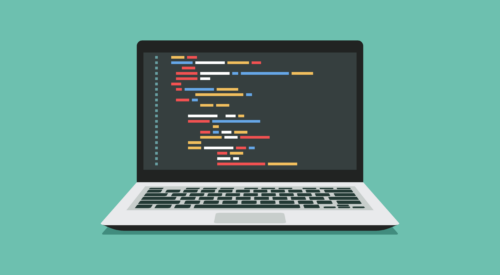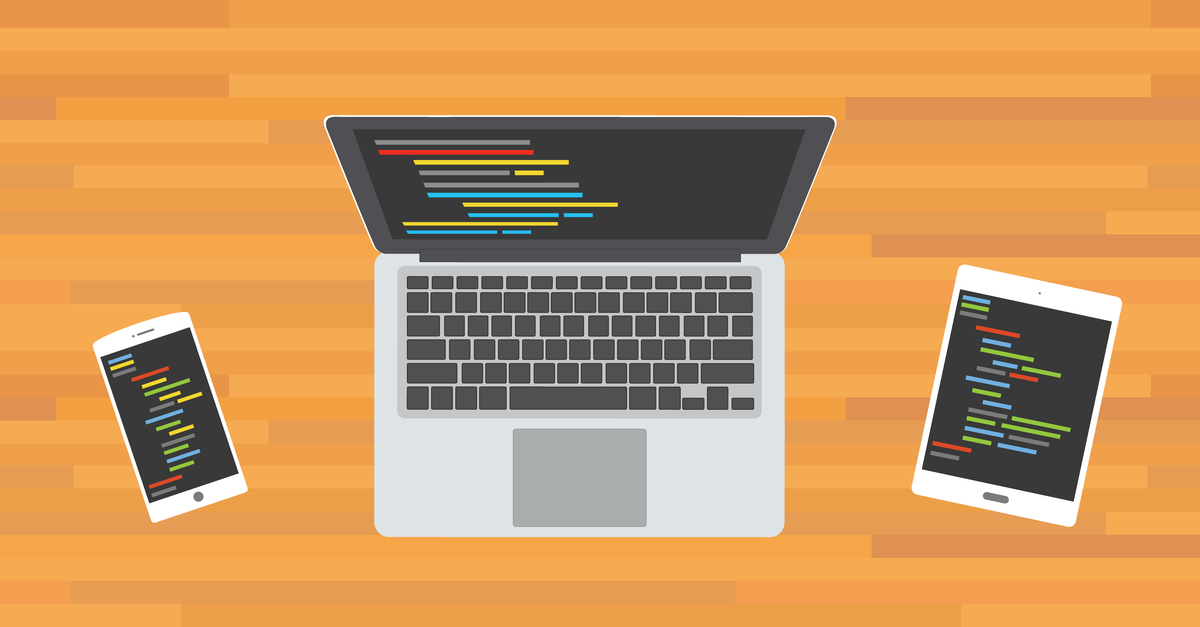
From Punched Cards to Prompts
AndroidIntroduction When computer programming was young, code was punched into cards. That is, holes were punched into a piece of cardboard in a format...
This month over 1700 engineers, entrepreneurs, and business leaders from around the world flew to Copenhagen, Denmark to attend KotlinConf, a two day conference run by JetBrains, the company behind the Kotlin programming language and Intellij. Attendees came to learn more about the language that has been adopted now by over 2.2 million users and powers 60% of the top 1000 apps in the Google Play Store.
Some notable themes emerged this year including several upcoming performance improvements, language stabilizations, and feature improvements to coroutines, Kotlin’s approach to concurrency. The star of the show however was clearly Kotlin Multiplatform, with 7 sessions dedicated to the subject including 2 sessions from engineers at Square and Careem, sharing their own experiences with it.
Kotlin Multiplatform is moving from an early stage, engineering focused, experiment into a solid contender in the multiplatform solution space.
Kotin Multiplatform is a mechanism for sharing code across multiple platforms. This means you can share common data, state, and business logic across Windows, Linux, MacOS, Web, iOS and Android, as well as any Java Virtual Machine (JVM) based platform not covered by the aforementioned operating systems.
This is not a new concept. In the mobile application space today there are other popular solutions to sharing code between mobile platforms, such as Flutter and React Native, and many others that have come before them; Cordova, PhoneGap, Kony, Titanium, to name a few. Even outside of mobile, this has been attempted before. If you consider the idea of languages like C# compiling to intermediate language for the Common Language Runtime (CLR) and Java compiling to bytecode for the Java Virtual Machine (JVM), these languages and their platforms were designed with portability and sharing in mind.
Kotlin Multiplatform has the same goal as its predecessors but accomplishes it in a different way. Whereas Java, C#, React Native and many others compile or target an intermediary language that requires a bridging adapter or virtual machine layer to interpret at runtime, Kotlin Multiplatform code compiles to the same native output as the rest of the code running on the platform. In this way, it transcends platforms that were previously not reachable for a single language. To put it in practical terms, Java needs a JVM, C# needs a CLR, React Native needs a JavaScript bridge to interpret the logic and invoke the appropriate native UI framework code, Kotlin Multiplatform does not. It compiles down to JVM bytecode, JavaScript, or native machine code as needed, based on the platform target.
The pitch for Kotlin Multiplatform is put simply by Kotlin’s lead design engineer, Andrew Breslav, “Code Sharing, Skill Sharing, plus 100% access to the native platforms”. The idea is that sharing code across all of the platforms your application(s) support, using a common programming language, leads to fewer bugs, shortens development times, and carries lower maintenance costs since your team is maintaining a smaller code base.
Having a common language also means that developer skillsets are heavily transferable between teams.
Many of the concerns common to multiplatform solutions, such as the fear of adopting (and then supporting) a new language, experiencing degraded runtime performance, or losing the native look-and-feel of your applications, fall by the wayside.
Kotlin is already used by over 53% of professional Android developers today and that growth is accelerating. It’s being used in server-side development too at large tech companies like Intuit, Expedia, and Pivotal.
Kotlin is also easy to learn, with a language syntax that is remarkably similar to other popular languages like Swift, Scala, Groovy, and Java. You may find that your team already has the right skill sets.
Since Kotlin Multiplatform code compiles to the exact same format as the target platform, it is just as performant as its native counterparts. Your users (and engineers) won’t be able to tell the difference.
Kotlin Multiplatform encourages sharing only where it makes sense. As an example, you may wish to share your core business logic and state, but allow each platform to decide exactly how to consume and present that data. This gives your customers a fully native experience while reaping the benefits of code sharing.
The biggest risk to Kotlin Multiplatform is timing and consequently the sparseness of third-party library support. Some basic libraries like HTTP client libraries and data serialization libraries exist and there is a promise for more to come in 2020, with the release of Kotlin 1.4, including a DateTime library. But, for the moment it’s likely that you will need to implement some things yourself.
In addition, Kotlin multiplatform is designed to share code, but not be a drop in replacement for all of the APIs of each platform you target. So, it should be noted that you will need at least some knowledge of each platform you support. This is different than a multiplatform solution like Flutter where Flutter comes with its own UI componentry and is very much a drop in replacement for the native UI stack.
In 2020, expect Kotlin Multiplatform adoption to accelerate. While it has not quite reached 1.0 stable, major tech companies are already starting to use it.
At Big Nerd Ranch, we see a lot of potential in it and are excited to see where it goes!

Introduction When computer programming was young, code was punched into cards. That is, holes were punched into a piece of cardboard in a format...

Jetpack Compose is a declarative framework for building native Android UI recommended by Google. To simplify and accelerate UI development, the framework turns the...

Big Nerd Ranch is chock-full of incredibly talented people. Today, we’re starting a series, Tell Our BNR Story, where folks within our industry share...
